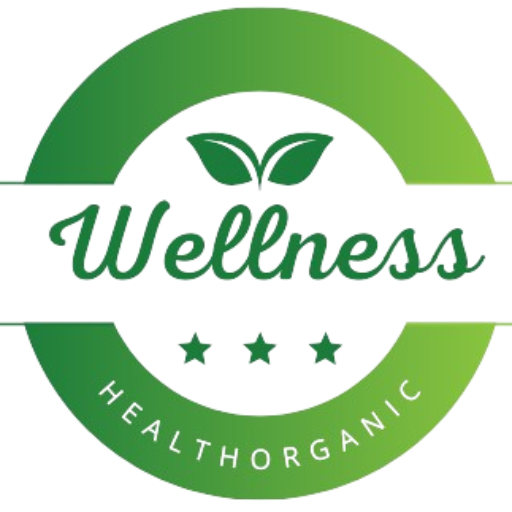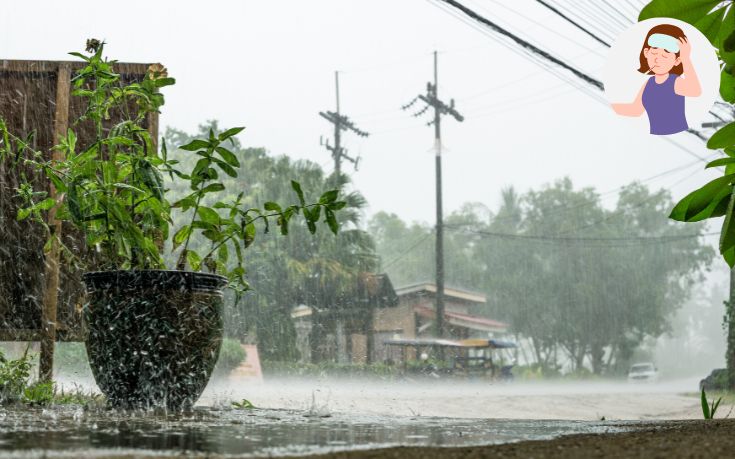The rainy season brings respite from the scorching heat but also increases the risk of various food and waterborne diseases. High humidity and constant temperature change turn out to be the most suitable environment for the rearing of several harmful bacteria and other pathogenic agents. The following are nine food safety tips that are very important to be observed during the rainy season for safeguarding your health and well-being:
1. Thorough Washing of Hands
As the monsoon progresses, there is a corresponding increase in illnesses. Hand hygiene is therefore very important. Always wash your hands with soap and clean water before handling food and after visiting the restroom. This simple practice will reduce the risk of transmission by a long way for bacteria and viruses which cause illnesses.
2. Eat Freshly Prepared Food
In the course of a monsoon, fresh cooking and eating becomes extremely important. Avoid leftover foods in storage which has been lying for a long time as it harbors detrimental germs. Take care that food is cooked at the right temperature so that it kills any kind of pathogen.
3. Proper Washing of Fruits and Vegetables
Vegetables and fruits are subjected to bacteria, parasites, and pesticides most of the time. Rinse them thoroughly in running water to remove all impurities. The leafy vegetables need to be soaked in a basin with salt water for a few minutes and then rinsed.
4. Drink Boiled or Filtered Water
The sources of water get contaminated during the monsoon, and hence water-borne diseases become common. Drink only boiled or properly filtered water. In case you are drinking tap water, ensure it is boiled for a minimum period for 10-15 minutes to kill the harmful microorganisms.
5. Avoid Street Food
It’s best to avoid street food as much as one can during the monsoon. The hygiene standards of the street vendors could be quite unreliable, and therefore, foodborne illnesses might easily occur. Instead, prefer homemade snacks and meals for better hygiene and safety.
6. Store Food Properly
Proper storage of food will avoid potential contamination. Keep foods covered after preparation, store perishable foods in the refrigerator and keep raw and ready-to-use foods apart to prevent raw foods from getting contaminated. Store foods in tight Major containers and protect them from invasion.
7. Avoid Raw Foods
Uncooked foods, such as salads and sushi, could be more contaminated during the monsoons. The increased humidity offers favorable conditions for bacterial growth on raw foods. Only eat well-cooked food to reduce the chances of infection.
8. Safe Cooking Practices
Follow safe cooking practices: Cook meat to the correct temperature. Do not use unpasteurized dairy products. Keep utensils and all kitchen surfaces clean and sanitized. Always have different boards for raw and ready-to-eat foods to prevent cross-contamination.
9. Use Dairy Products Safely
Colostrum and milk are more prone to spoilage during the monsoon season due to excess moisture. Ensure pasteurization and then refrigerate cow/buffalo milk and all other animal milk products.

